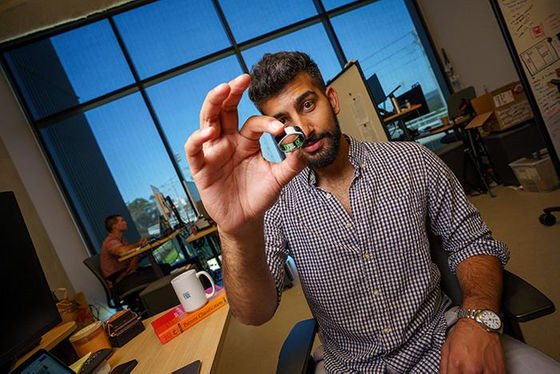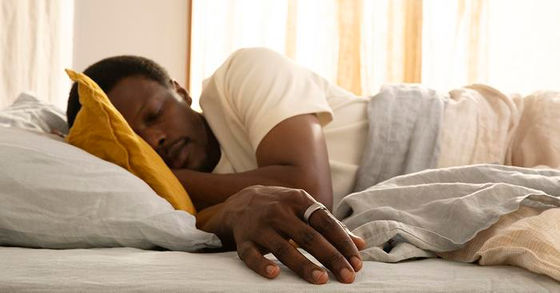Five types of sleep revealed from 5 million sleep sessions

When we think of different types of sleep, we think of
Five million nights: temporal dynamics in human sleep phenotypes | npj Digital Medicine
https://www.nature.com/articles/s41746-024-01125-5
How Your Sleep Patterns Change Can Tell You About Your Health
https://today.ucsd.edu/story/how-your-sleep-patterns-change-can-tell-you-about-your-health
The basis of this research is a large-scale sleep analysis study published in 2022 by Machiko Katori and others from the Graduate School of Information Science and Technology at the University of Tokyo. In this previous study, Katori and her colleagues classified data collected from a wristwatch-type wearable device into 16 types, which they named 'sleep phenotypes.'
However, previous studies on sleep phenotypes have used cross-sectional data collected from subjects at a single point in time, and no longitudinal analysis has been conducted based on changes in lifestyle and physical condition over time.
To investigate the link between sleep and health in more detail, Benjamin Smarl and his colleagues at the University of California, San Diego used the Oura Ring, a smart ring that tracks sleep data, to collect and analyze approximately 5 million nights of sleep data from approximately 33,000 men and women with an average age of 44.

by
The analysis revealed that sleep can be broadly classified into five phenotypes:
Phenotype 1
This is what most people consider 'normal sleep' -- about eight hours of sleep for at least six consecutive days -- which is both the ideal recommended by public health officials and the most typical sleep pattern identified in the study.
Phenotype 2
Individuals with this phenotype slept continuously half of the night but only had short bursts of sleep (<3 hours) the other half.
Phenotype 3
In this type, people sleep continuously most nights, but their sleep is interrupted about one night per week. The interrupted nights are characterized by one relatively long period of sleep, about five hours, and one short period of sleep, less than three hours.
Phenotype 4
People with this type of sleep almost continuously, but they may occasionally wake up during long periods of sleep.
Phenotype 5
This type of person sleeps very little and is the rarest sleep phenotype, making them the most severely sleep-deprived group of people.
These sleep phenotypes were not static, and transitions from one sleep phenotype to another were common.

by OURA
The study also analyzed records of chronic diseases such as sleep apnea and diabetes, but found that the sleep phenotype a person is in doesn't correlate well with their health. Instead, it was found that how often a person switches between sleep phenotypes was useful for predicting health.
'We found that subtle differences in how sleep disorders occur can hold a lot of promise,' said study co-author Edward Wang. 'This means that it's not just whether you sleep well, but how your sleep changes over time that holds the key information.'
'If we think of sleep type as a region, it's the frequency with which people leave their neighborhood that matters more than which neighborhood they live in,' said lead author Varun Viswanath.
Related Posts:
in Science, Posted by log1l_ks







